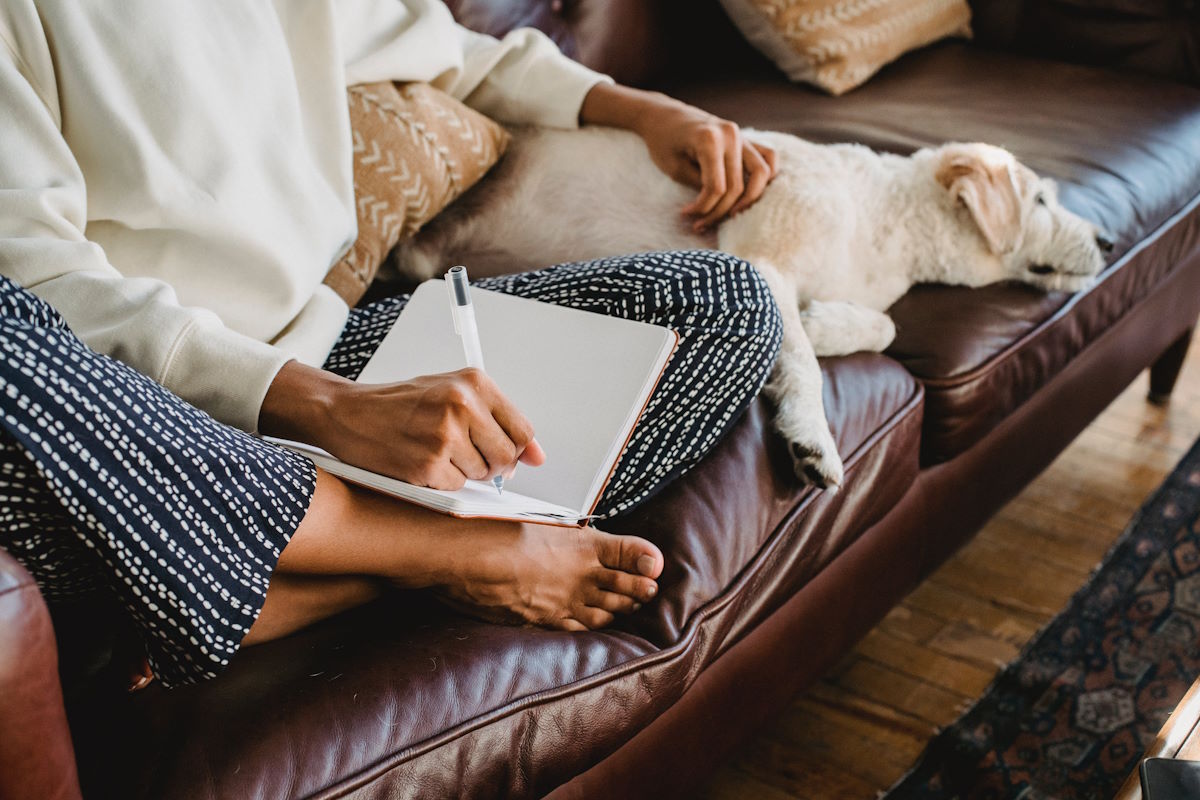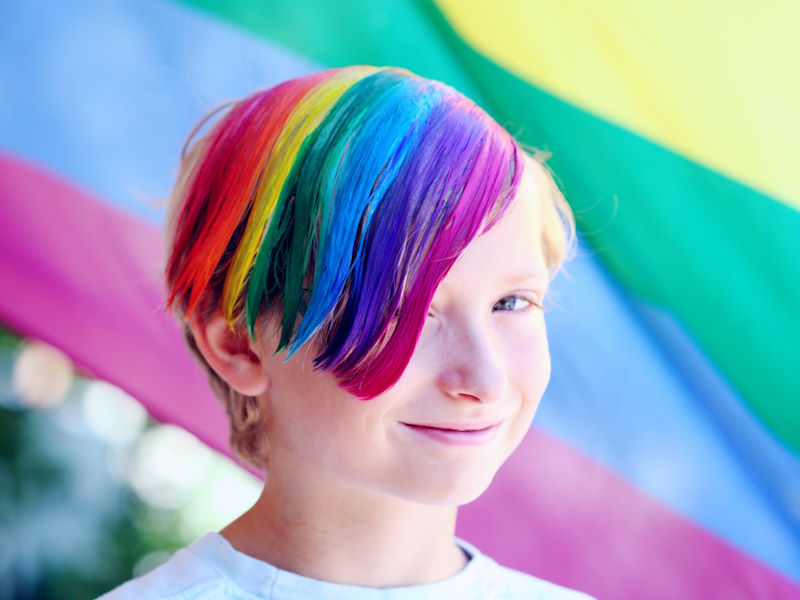A Journey of Self-Acceptance
by Keisy Núñez Fallas
Queer people often have to defy social norms to receive the love and acceptance we deserve.
Growing up in a conservative environment I was taught that I had to fit inside a tiny box to be a part of society. I had to conform to traditional norms, otherwise I would be cast aside from my community. The rules were clear: as a girl you must like boys and one day marry one. But this didn't sit right with me. Why should I be restricted to that? Why couldn't I like a girl and one day marry her? Why wasn't I allowed to love who I loved? Back then I didn't possess the language to express what I felt. Years later I know to proudly refer to myself as a bisexual woman.

Even today, I continue my journey of discovering my identity and being at peace with it.
Today I write for those who have been misunderstood or shut down by society. Those who have been left confused and wondering whether their pure existence is valid, or if it is a mistake. Wondering if they have a place in society or if they are fated to be pariahs. The short answer is yes, you are valid. You are not a disgrace. And you deserve love and appreciation.
Being unable to fit in the box tailored for me scared me deeply. I was left wondering if my family would ever accept who I am, if I would ever have a place in society. I have yet to discover the answer to the first question. I remain afraid of how my loved ones will react to me not aligning with their beliefs. With regard to the latter question, however, there is no ambiguity. Queer people have as much place in society as anyone else.
The realization came to me when I met a bisexual boy who was proudly transparent about his identity. He may not know this, but he saved me. Meeting a bisexual person who was not afraid of who he was, lifted me out of the darkness I was in. Knowing that people like me existed helped me accept that I was not (and did not have to be) exactly what others wanted me to be. I would never recover those years I lost trying to conform to heteronormative society, but I could start to accept myself.
There were, of course, more challenges to identifying as bisexual. I experienced insecurities about not feeling “queer enough”. I was confused by comments that being bisexual is just a phase and one must ultimately “pick a side”. I began to question whether I should even come out, since I could easily pass as straight. All this contributed to the anxiety of being queer in a heteronormative society. I was left somewhere in the middle. I didn't fit in either world.

Seeing other queer people show pride in who they are has helped me understand that I alone can determine who I am.
Increased visibility of bisexual people in media has helped. Seeing others being adamant of their sexuality, pushing down misguided views, being proud of who they are, has nurtured an understanding that I am the only one who can determine who I am. None who make harmful comments know what I have gone through, all the time I've spent reflecting on my sexuality to conclude that I like every gender. I do not have to “pick a side”. I have always been “queer enough”. And I can come out even if I am dating a man.
To this day I spend much of my time thinking about my sexuality. Though I am now in a place of self-acceptance, I still fight against moments of internalized homophobia, a struggle that robs me of mental calm. Even so, I will continue my journey of discovering my identity and being at peace with it. I have promised myself that I will never pretend to be someone I am not, even if means defying old-fashioned social norms, and that I will fight for a society where queer people can be who they are and receive the love and acceptance we deserve.
Keisy Núñez Fallas is a Computer Science major with a love for books, coding, and math. Her interest in reading has made writing a liberating practice. She has won both national and international competitions in mathematics, natural sciences, and coding. She advances through life with a determination to become a better version of herself.
Learn more about a Texas Tech education in Costa Rica.
Costa Rica
-
Address
Avenida Escazú, Edificio AE205 San José, San Rafael de Escazú, Escazú 10201- Costa Rica -
Phone
+(506) 2519-9900 -
Email
Info.CostaRica@ttu.edu
